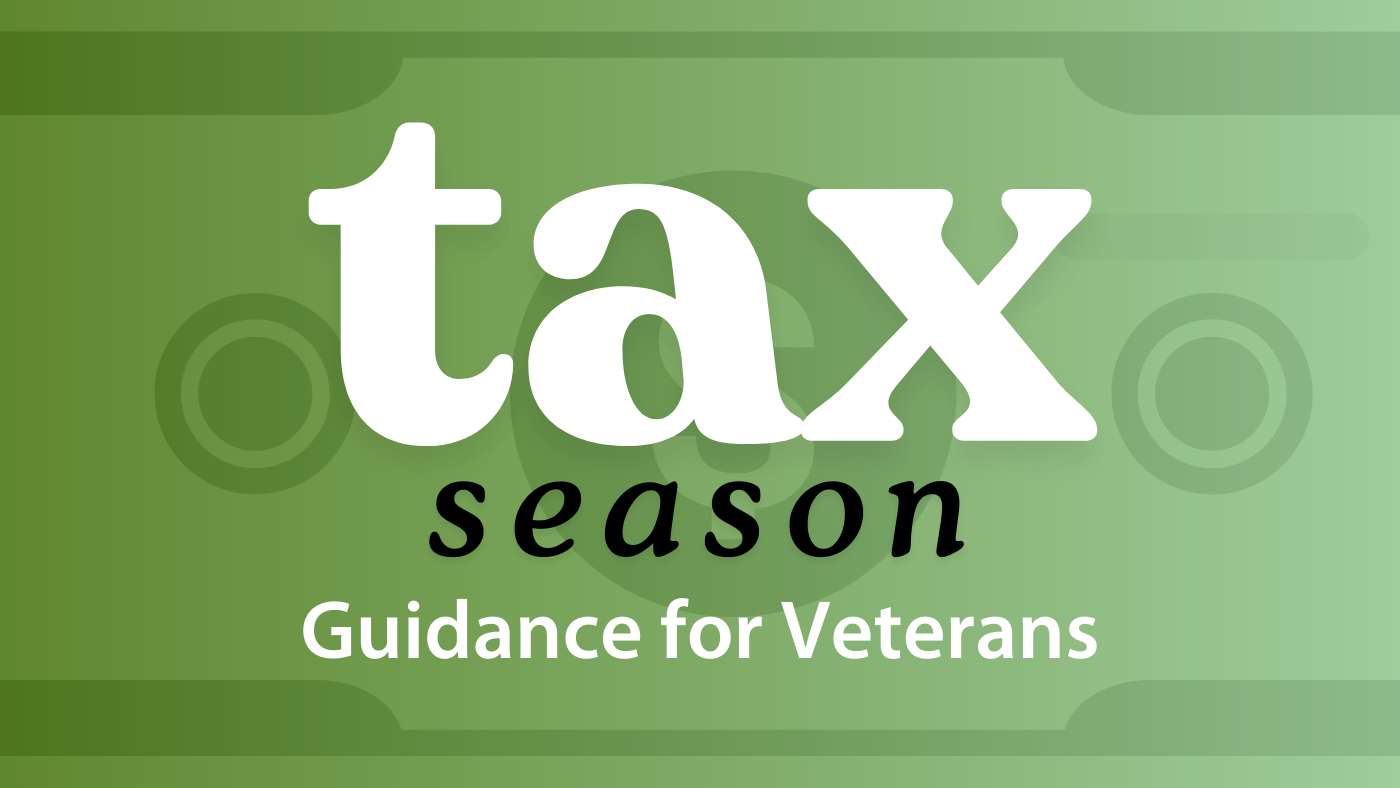Financial Literacy Month provides an opportunity to get caught up on often overlooked end-of-life planning. VA offers programs to assist with end-of-life planning and help ease the burden on family members when a Veteran passes.
Life insurance and dependent support
Life insurance provides important financial support to family members when a Veteran dies. Veterans Affairs Life Insurance (VALife) recently opened for enrollment and provides guaranteed acceptance whole life insurance coverage for more service-connected Veterans than ever before. Veterans age 80 or under with any level of service-connected disability rating (0-100%) can apply for up to $40,000 and there is no time limit to apply. Veterans age 81 or older may also qualify for VALife if they meet additional eligibility criteria.
With Veterans’ Group Life Insurance (VGLI), you may keep your term life insurance coverage up to $500,000 after you leave the military for as long as you continue to pay the premiums.
Loss of income can greatly affect a family’s financial stability when a Veteran passes. Dependency and Indemnity Compensation (DIC) provides monthly tax-free compensation to eligible survivors. Family members who may be eligible include the surviving spouse, child or parent of a Veteran or service member who died from a service-related injury or illness.
Advance care planning
Different people want different things when it comes to their health care. Advance care planning ensures that Veterans’ loved ones and health care teams know what’s important to Veterans and what their preferences are for health care in the future. There are different types of advance care planning, and health care teams can help determine which type is right for each individual Veteran. The VHA Advance Care Planning via Group Visits Program allows Veterans and their caregivers to join their peers and learn more about the process of planning for future health care needs.
A series of animated stories highlights why advance care planning is important for everyone—whether healthy or ill, young or old, receiving health care in a clinic, hospital or at home.
Burial and memorial benefits
VA provides several benefits and services to help ease the burden of a Veteran’s passing—all at no cost to the Veteran and their family. Burial and memorial benefits include opening and closing of the grave in a national cemetery, grave liner (vault), perpetual care and maintenance, a government headstone, marker, or medallion for any eligible Veteran buried anywhere in the world, a Presidential Memorial Certificate, a Veterans Legacy Memorial (VLM) page, burial flag and military honors.
VA provides burial benefits for all legal burial types, including cremation and burial at sea.
VA oversees 155 national cemeteries and assists Veterans and family members in burial planning ahead of time through pre-need eligibility. Veterans and dependents can submit an application before death to determine their eligibility for burial in a VA National Cemetery. Veterans, service members and eligible dependents do not need to be buried in a national cemetery to receive VA memorial benefits.
Additionally, VA partners with states, territories and tribes by providing grants to help fund 121 Veteran cemeteries, increasing the reach of VA’s burial benefit for Veterans and their eligible family members. Eligibility for burial in these cemeteries is like VA national cemeteries but may include residency requirements.
Planning ahead
VA encourages all Veterans and family members to use Financial Literacy Month to get educated about the benefits and services they are eligible for with regard to end-of-life planning. Planning for the future and having difficult discussions now can provide a small bit of respite for survivors when a loved one passes.
Topics in this story
More Stories
After using the G.I. Bill, Army Veteran Adam Boren found his connection to his community through soccer.
Whether a Veteran files their taxes independently or uses a tax professional, VA encourages Veterans and their loved ones to review the following tips and resources to both help them navigate the tax season with confidence and to avoid tax season scams.
During Data Privacy Week (Jan. 27 - 31), VA is sharing guidance on how Veterans and their beneficiaries can protect their data, especially Personally Identifiable Information (PII).






Question, my wife is buried atFt Sam Nat’l cemetery, what else do I need to present funeral home
This is so important. Add: How to speak with the VA Primary care about palliative care